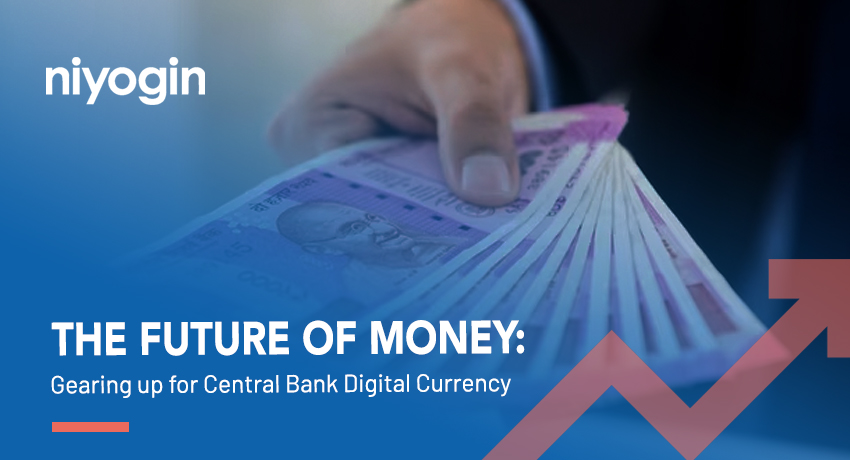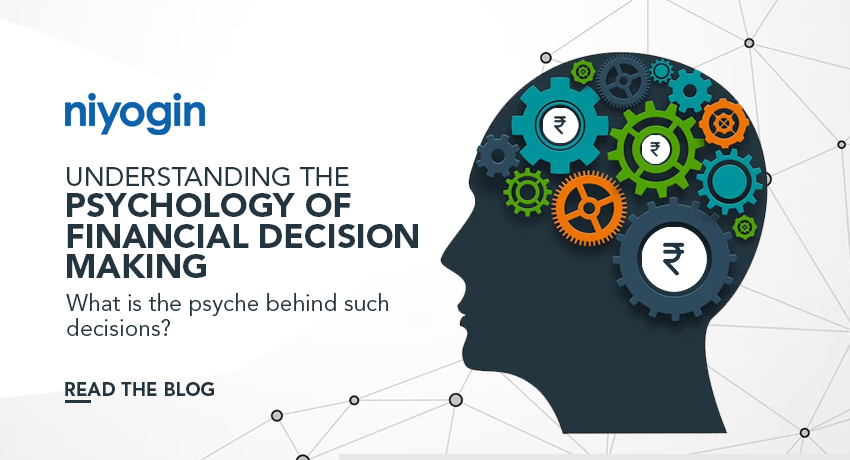By Prabal Goel, Chief Compliance Officer – Business & Legal Government of India announced the launch of the Digital Rupee — a CBDC from FY 2022-23 onwards in the Union Budget placed in the Parliament on February 01, 2022. The motivations for mulling this technological innovations are multifarious; they range from an attempt to achieve reduction in cost associated with physical cash management to supporting competition, efficiency and innovation in payments to supporting financial inclusion. Of course, the biggest advantage that CBDC offers is to eliminate the need to carry cash for transactional settlement. What separates CBDC from actual physical cash is the way CBDC is structured. Indications are that CBDC, in Indian scenario, would be classified in 2 ways- Retail and Wholesale. Where the use case of Wholesale CBDC would be the settlement of interbank transfers and related wholesale transactions, Retail CBDC would work as electronic version of physical cash. It appears that RBI, briefly, mulled paying interest on CBDC balances, but the idea appears to have fizzled out due to such move potentially lowering the attractiveness of savings deposits in banks. CBDC, however, may not be able to offer the anonymity that physical cash currently provides; one understands that RBI might be mulling incorporating in an intermediate degree of anonymity to the design of CBDC. There are certain aspects to CBDC which are still not completely understood- would CBDC be “programmed” to certain use cases? That is, to say, could certain type of CBDC only be spent in a particular way? Further, would CBDC have expiry date? If it does have an expiry date, that would make it different than cash, which typically does not have an expiry date, except in case of demonetization scenarios. At this stage, what we do know about CBDC points towards CBDC being an alternative to the digital wallets. In fact, CBDC might well obviate the need for a digital wallet altogether, given that CBDC is being primed for use even in absence of mobile network. The concerns around privacy and possible surveillance of the users of the digital currency, facilitated by CBDC, will remain for a while, especially in the light of similar concerns around the Chinese digital currency, which has been subject to criticism on both these counts. The onset of any revolutionary technology is often accompanied with suspicion- it is likely to not be adopted straightaway by larger public. The Government and the RBI may have to undertake a significant education campaign. in order to widen the usage of such digital currency, perhaps in tandem with token service providers. A couple of aspects that will determine the widespread adoption of CBDCs are expectations of privacy and suspicions of technology failure with respect to CBDC. At this stage, it is not completely understood if the CBDC ecosystems may be subject of cyber-attacks. Additionally, the technology behind CBDC is complex and little understood at large- concerns that the balances of CBDC are tamper proof may be hard to completely eradicate. Moreover, users of CBDC may want clarity on how data in CBDC system is protected. Another aspect that would guide the usage of CBDC would be- if there would be some sort of fees charged on UPI transfers in future. If UPI transfers are subject to fees in future, unlike now when they are free, such impost may accelerate the usage of CBDCs. RBI is keen to popularize the use of CBDCs- in this regard, it recently, sought inputs from banks as well as fintechs. Whilst there may be compelling motivations to introduce CBDCs to larger public in a hurry, RBI seems, at this stage, to be evaluating this introduction and in parallel, obtaining the views of all stakeholders on the idea.
Tag: money
Understanding the Psychology of Financial Decision-Making
Money greatly influences our lives, influencing not just our daily decisions but also our long-term objectives and aspirations. Whether saving for retirement, investing in stocks, or making a large purchase, our financial decisions are firmly based on our psyche. Behavioural economics has shed light on the many cognitive biases and emotional aspects that influence financial decisions. Understanding the psychology of financial decision-making can help individuals make better financial decisions and more effectively navigate the complex world of money. This article explores various factors impacting the ability to make financial decisions effectively: Emotional determinants Emotions play an important part in financial decision-making. Many of our financial decisions are motivated by emotions such as fear, greed, and anxiety. Understanding these emotional triggers is critical for making sensible decisions. For example, instead of cutting their losses, investors may hold onto losing equities for longer than necessary in the hope of breaking even. People tend to overestimate their expertise and abilities, which can lead to risky investing decisions. Greed can push people to seek huge gains without understanding the risks involved. Cognitive Biases Cognitive biases are regular patterns of judgmental deviance from the norm or reason. They are frequently at the core of poor financial decisions. These include: Confirmation bias: This bias causes people to seek out information that confirms their existing opinions or conclusions while ignoring contradictory information. When making financial decisions, people may hunt for data that supports their preferred results. Anchoring: This bias happens when people make decisions based mainly on the first piece of information they encounter (the “anchor”). In a financial environment, this might lead to investment decisions being made based on early price information. Herd Mentality Social and peer pressure frequently influence our financial decisions. Many people base their financial decisions on what they consider to be the societal norm, or they are swayed by friends and relatives. Even if the decision is not in one’s best financial interests, this might lead to conformity and herd behaviour. Understanding Behavioral economics Mental accounting is a notion in which people treat multiple pots of money differently. For example, someone may be more willing to spend a windfall bonus on a luxury item than their regular salary. Understanding this notion is critical for making sound financial decisions. Time Preferences Individuals differ in their temporal preferences, which is the degree to which they prioritize immediate rewards over future ones. Those with high temporal preferences prioritize instant gratification, which can lead to impulsive spending and bad saving practices. Recognizing your personal time preferences can help you make better financial decisions. Prospect Theory Prospect theory, developed by psychologists Daniel Kahneman and Amos Tversky, proposes that humans evaluate future events based on perceived rewards and costs rather than final states. Understanding this notion can help people frame their financial decisions more effectively. To summarize, the psychology of financial decision-making is a complicated and multidimensional area. Financial literacy, self-awareness, and the ability to think critically about money are vital tools for successfully navigating the financial world. Furthermore, engaging with financial professionals and seeking assistance can assist individuals in making solid financial decisions that are consistent with their long-term objectives and desires.

